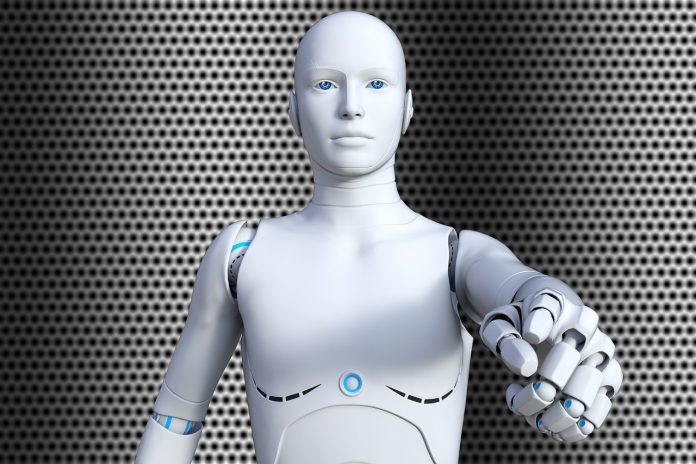A software bot, Robotic Process Automation technology automates routine tasks that follow a pre-defined set of rules, thereby improving operational efficiency and eliminating human intervention. It has found its applications across diverse industries, including healthcare, retail, manufacturing, telecom, and banking.
According to a research firm, RPA is the fastest-growing segment of the global enterprise software market. Though not a magic bullet, tapping the potential of automation helps enterprises gain a competitive advantage. Those who are uncertain about how rpa works risk losing out on endless opportunities and the inevitable repercussions.
With the advent of disruptive technologies, traversing the digital landscape is a breeze. Enterprises are turning the spotlight on Robotic Process Automation tools more than ever before.
What then is the future of RPA? Where is it heading? A necessity to ensure process efficiency, software bots focus on automating simple, repetitive tasks, thus saving time, and productivity in the long run.
Indeed, the Fourth Industrial Wave is here, and there’s no stopping it. Using software bots in conjunction with AI and ML will help enterprises step up their game and create meaningful customer experiences. Today, technology has become a means unto itself, and robot-led automation is transforming businesses and changing the way we work.
Let’s look at the promise automation holds for the future.
1. Smart Process Automation
The confluence of RPA with AI and machine learning, gives rise to cognitive automation, thus expanding the scope of processes it can automate. One of the hottest technologies right now, leveraging cognitive automation, helps enterprises shape the future in unimaginable ways. From Natural Language Processing (NLP) to Machine Learning, smart automation possesses the capabilities to automate processes that require cognitive functions. Cognitive automation solutions by top vendors, including UiPath, Blue Prism, and EdgeVerve, incorporate AI capabilities that are second to none.
The days of automation running on desktops are long gone. Today, Robotic Process Automation integrated with AI and ML is bringing about disruptive transformation and giving rise to digital workers and innovations. Though enterprises have just scratched the surface of cognitive automation, they are enthusiastic about applying new RPA models to process automation to handle exceptions and automate unstructured data.
2. The Rise of the Digital Workforce
Digitally empowered employees are the future. With an emphasis on productivity, efficiency, and innovation, digital transformation is poised to bring about change in unexpected ways. RPA takes care of repetitive, rules-based processes, whereas digital workers or software bots drive scalability, security, and access to cognitive services. As early adopters of RPA gradually innovate and enter a new phase, digital bots will take over the human workers, thus allowing the human worker to add value to strategic tasks.
The benefits of digital workers are enormous. Since RPA improves process efficiency, eliminating errors and time-consuming tasks, digital bots will change the way enterprises interact with customers, thus enhancing customer experience, reducing costs, and improving compliance.
3. Artificial Intelligence
Moving beyond the rules-based model, enterprises today are adopting AI’s self-learning capabilities. AI-powered solutions will not only help foster collaboration with new cognitive services but also help enterprises invest in digital tools that will undoubtedly have a profound effect enterprise-wide.
As AI gathers steam and businesses move into RPA 2.0, traditional software that uses human-defined rules will give way to AI approaches such as machine learning. AI-powered automation technologies though still at a nascent stage, will help enterprises take business process automation to the next level.
As you’re aware, AI is a set of applications or software simulations that can sense, learn, and act over time, impacting a plethora of industries.
Conclusion
According to a research firm, about half of the work can be automated. With RPA growing at an unprecedented rate, enterprises are waking up to explore the technology and gear up to the future. From synthesizing data to gaining valuable insights, automation is ushering in a new era that will penetrate every sector of the economy.
Banks, insurance companies, retail, manufacturing, and telcos and utility companies are looking to get the best from RPA. Artificial Intelligence, RPA, Cognitive Automation are no longer buzzwords. Are you new to RPA? What’s slowing your efforts? It’s time enterprises ramp up their investments in RPA technologies and pursue the benefits of digitalization.
Find a Home-Based Business to Start-Up >>> Hundreds of Business Listings.














































